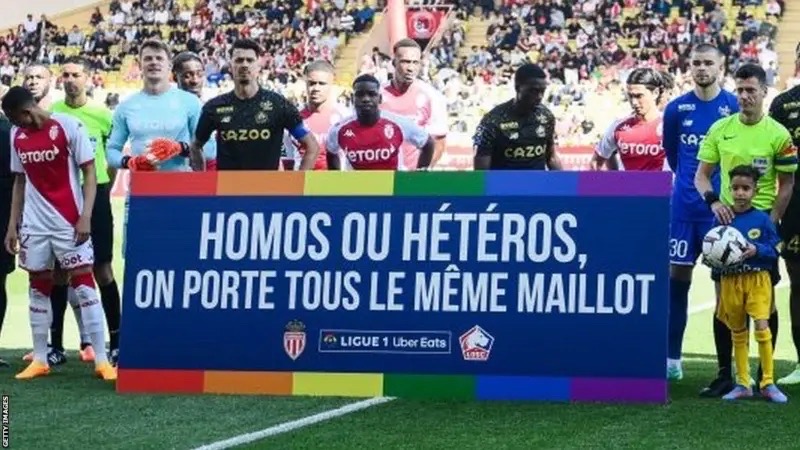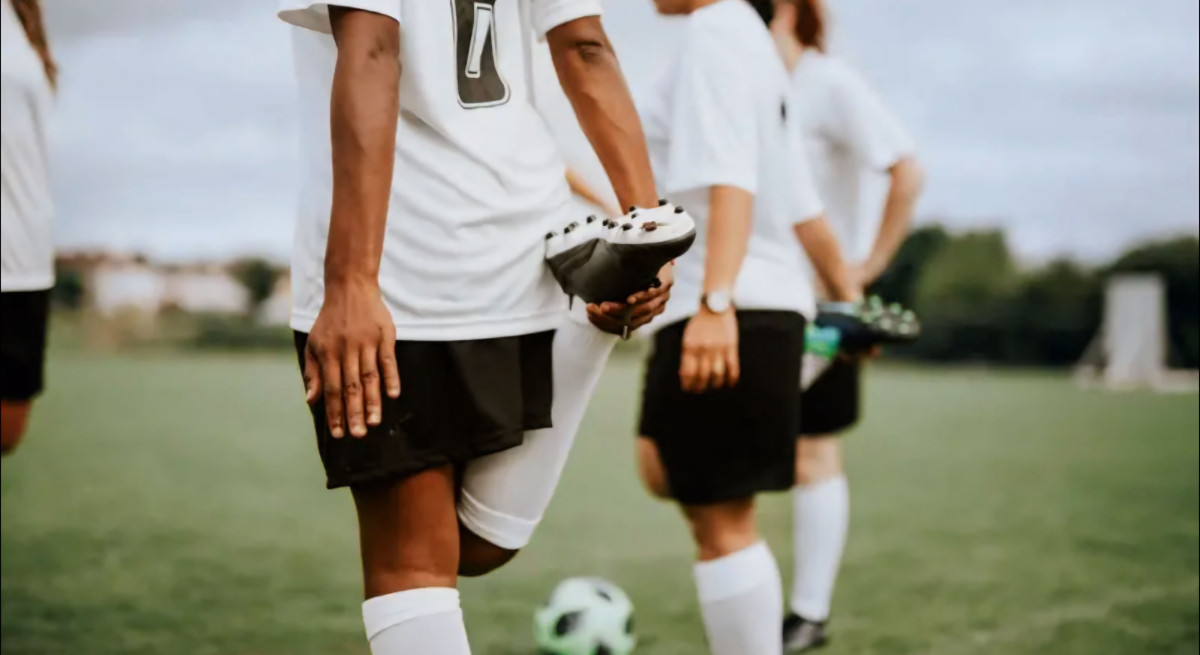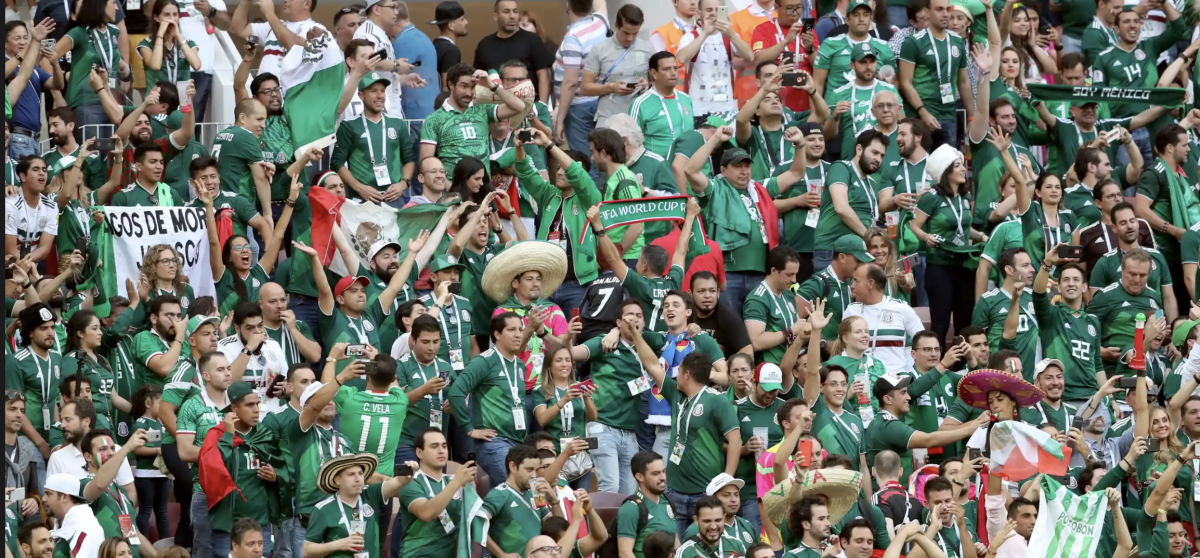Norwegian football’s women leaders
Recent elections at the Norwegian FA (NFF) have led to an Executive Committee unique in world football - half of its members are women.
The committee which runs football in Norway has women in four of its eight slots.
"We now have a board with 50% women," said NFF president Yngve Hallén, recently re-elected for a third term.
"That is fantastic news, and it reflects how highly we place women's football, both at the top level and among the masses."
Norway and gender equality
These developments may not be surprising given that Norway is considered to be one of the most gender equal countries in the world, ranking second to Iceland in the World Economic Forum’s Global Gender Gap report, which measures equity in the areas of politics, education, employment and health.
Norway has long been using targets and quotas to address inequality. From 2006, for example, all companies listed on the Oslo stock exchange have been obliged by law to have at least 40% women on their board.
Requirement to tackle discrimination
Although the NFF does not operate quotas, it is an FA that has a reputation for being progressive. In chapter one of its statues* it places a requirement on all of its staff and members to contribute to tackling discrimination of all kinds.
And to prove its point, the NFF employed a female general secretary for ten years in Karen Espelund, who subsequently became the first woman to serve as a full member of the UEFA Executive Committee.
The election of Mina Gerhardsen and Turid Storhaug to a committee which already included vice-president Mette Christiansen and Eli Arnstad brought the body to the position of equal representation.
UEFA women in leadership programme
The drive to change football will see new initiatives across football with UEFA launching a new Women in Football Leadership programme later this year.
The programme aims to bring more women into national association leadership posts. Aimed at women working in football, and not necessarily women working specifically in the women's football sector, it will seek to identify individuals who have the potential to become leaders, with the scheme helping them develop the skills which will bring them closer to becoming a leader.
In addition, women already in leadership positions will be offered extra support in their roles.
"Equality and integration are both essential to the development of the football workforce," said Espelund, welcoming UEFA's initiative.
"Football has come a long way over the last few years, but there is still an evident lack of women in top-level positions. More needs to be done to change perspectives and increase opportunities."
The NFF's example is proof that football is eager to move with the times.
*Rule 1-6 “NFF regional associations, clubs and their employees, players, office-holders and other official representatives shall contribute to combat all forms of discrimination on account of inter alia gender, ethnicity, national origin, heritage, race, language, religion, outlook on life or sexual orientation”.
Latest News Articles

Another season of homophobia and ineffective responses in France
Why is homophobia such a persistent issue in French football? It’s a question on the minds of a growing number of people. Despite initiatives…

Five years after George Floyd
Five years ago this week George Floyd was murdered in Minneapolis.

Statement from the Fare network on the English FA and Scottish FA bans on trans women
The Fare network is disappointed at the decisions announced today by the English Football Association (FA) and the Scottish FA (SFA) to ban…

BLOG: Rafael Villanueva on challenging homophobic football culture in Mexico
“Poll after poll of the population shows the disregard most Mexicans have towards the LGBTIQ+ community. Homophobia is normalised from abuse, to human rights violations, to murder.”

Academic Knowledge Hub
Developed by the ‘Race, Inclusion and Communication’ endowed Chair at Erasmsus University in conjunction with Fare. In early 2021 Erasmus…

Racism stains Germany’s new football season
The football powerhouse has seen a surge of racism

Another season of homophobia and ineffective responses in France
Why is homophobia such a persistent issue in French football? It’s a question on the minds of a growing number of people. Despite initiatives…

Five years after George Floyd
Five years ago this week George Floyd was murdered in Minneapolis.

Statement from the Fare network on the English FA and Scottish FA bans on trans women
The Fare network is disappointed at the decisions announced today by the English Football Association (FA) and the Scottish FA (SFA) to ban…

BLOG: Rafael Villanueva on challenging homophobic football culture in Mexico
“Poll after poll of the population shows the disregard most Mexicans have towards the LGBTIQ+ community. Homophobia is normalised from abuse, to human rights violations, to murder.”

Academic Knowledge Hub
Developed by the ‘Race, Inclusion and Communication’ endowed Chair at Erasmsus University in conjunction with Fare. In early 2021 Erasmus…

Racism stains Germany’s new football season
The football powerhouse has seen a surge of racism

Another season of homophobia and ineffective responses in France
Why is homophobia such a persistent issue in French football? It’s a question on the minds of a growing number of people. Despite initiatives…

Five years after George Floyd
Five years ago this week George Floyd was murdered in Minneapolis.